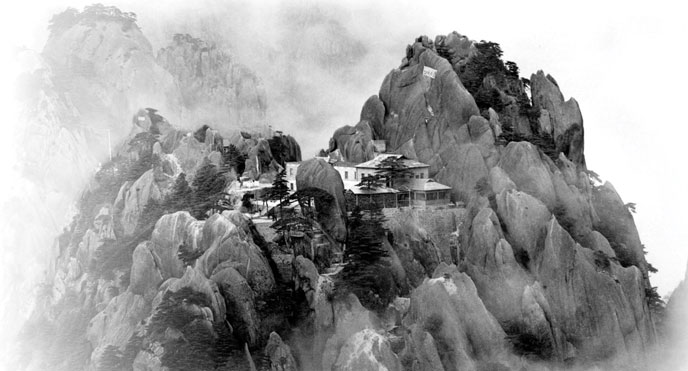At his best, Wang An-Shih has a way of taking small moments and projecting them out into the infinite. Consciousness tangles into itself, the human blends with the natural. “Following Thoughts” invokes an exciting kind of interobjectivity. Hinton is my favorite translator of Chinese literature, and he does a wonderful job of leaving space for nuance, beauty, contradiction, and strangeness in Wang An-Shih’s poetry.
—John Rossiter
Following Thoughts
Following thoughts all brush-bramble my hands open through,
I trace ridgelines, cross creeks, climb out onto terraces beyond:
the simplest wind-and-dew bridge, a little-boat moon all adrift,
lost birds, widowed birds—their comings and goings at an end.
Wang An-Shih (1021–1086) was not only one of the great Sung Dynasty poets, but also the most influential and controversial statesman of his time.
David Hinton’s translations of classical Chinese poetry have earned him a Guggenheim fellowship, numerous NEA and NEH fellowships, and both of the major awards given for poetry translation in the United States, the Harold Morton Landon Translation Award, from the Academy of American Poets, and the PEN Award for Poetry in Translation, from the PEN American Center. He is also the first translator in over a century to translate the four seminal works of Chinese philosophy: the Tao Te Ching, Chuang Tzu, Analects, and Mencius. He lives in Vermont.
John Rossiter is a bookseller at Skylight Books. He also writes poetry and plays music in a band called Young Jesus.
Read all of our Poetry Month coverage here

